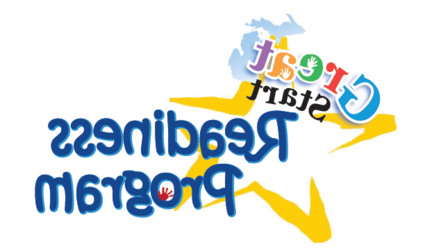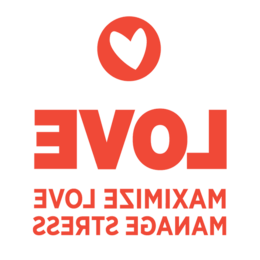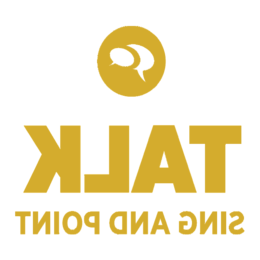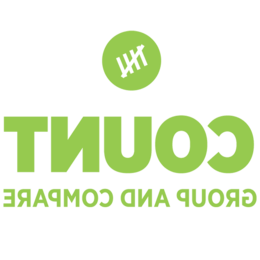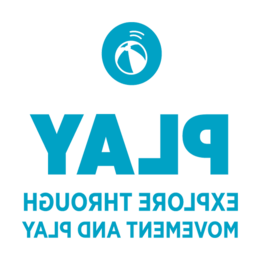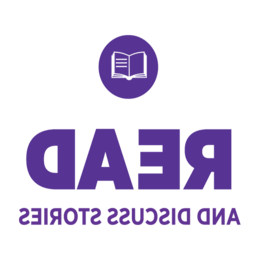Great Start Readiness Program
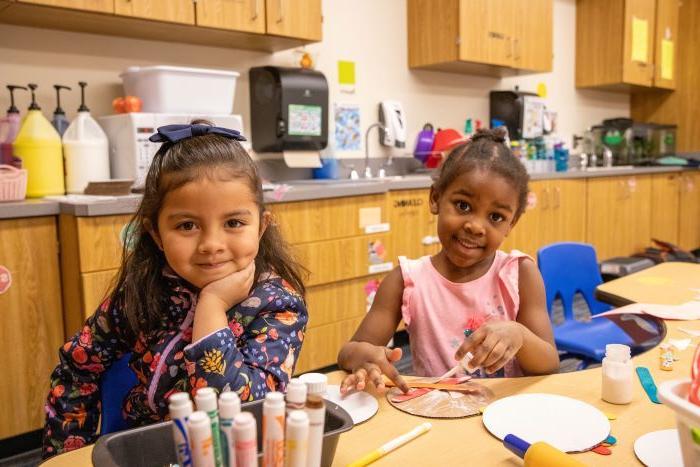
What is GSRP?
The Great Start Readiness Program (GSRP) is a state-funded preschool program. Classrooms are located in many district buildings and community-based organizations throughout our community.
Why GSRP?
The research is clear: a high-quality preschool program has a very significant, long-term, positive effect on children. Specifically, children who attend high-quality preschool programs are more prepared for school, including the demonstration of clear, positive effects on children’s early literacy and mathematics skills, and are less likely to be identified as having special needs or to be held back in elementary school than children who did not attend preschool. It also should be noted that Michigan’s GSRP program is among five states ranked as the highest quality programs in the nation according to the National Institute for Early Education Research.
If you have any questions, call our office at 616.447.2409 or email us at GSRP@cesametal.net . To learn more about the enrollment procedures, visit our Free Preschool page, or you can begin enrollment below.
Our Guarantees
We are proud that our classrooms meet the individual needs of families and children throughout our community. We celebrate the differences in our individual GRSP sites and we make these guarantees regardless of where a child is enrolled in GSRP:
Program Guarantees
- Home visits will take place twice yearly for 60 minutes each for every student. They will be held at every student's place of residence unless the family requests an alternative location such as a park, library, or restaurant. The first home visit will typically take place before the student's first day of school. The first home visit will always take place within the first 30 days of each student’s start date, including children that start later in the school year. The second home visit will take place within the last 45 days of school.
- Conferences will take place twice per year for 45 minutes each for each child. The first conference will take place after the first checkpoint, the final conference will take place after the second checkpoint.
- Progress Reports will be sent home 3 times per year. The progress report will give information about how the student is progressing in each of the following areas: Social-Emotional, Physical, Language, Literacy, and Mathematics.
- Family Boards will be posted at each site and updated. They will contain information including daily classroom schedules complete with time and description of occurrences in daily routine, licensing information, updated licensing recalls, menus of food offered to students, family newsletters, and upcoming events.
- Curriculum that is research-based and has been approved by MDE and Kent ISD will be utilized in every classroom with fidelity.
- Families will never be charged money for classroom activities or supplies, nor asked to bring in donations of things that require purchase.
- Although some classrooms may be housed in faith-based buildings; materials, practices, and teachings will remain secular.
- A 1:8 adult/child staffing ratio will be maintained in each classroom. A classroom will not open for the school year until two teachers are in place.
- Team teaching models are implemented in each classroom where each teacher is fully engaged in planning curriculum, implementing curriculum both indoors and outdoors, child assessment, and supporting parent engagement through home visits, conferences, and family meetings.
- Lead and Associate teachers will meet the GSRP qualifications outlined in the GSRP Implementation Manual.
- Licensing regulations are followed via the Child Care Licensing Website.
- Implementation Manual guidelines are followed via the Implementation Manual. See the Implementation Manual Highlight Slides here.
Teacher Support Guarantees
- Teachers will receive formal training and professional learning on all aspects of their approved curriculum and child assessment tool.
- Teachers will participate in Professional Learning Communities (PLCs) where they will work with other teaching professionals to improve program, classroom, and individual student data. They will work in collaborative teams to ensure differentiated support for all students.
- Teachers and sites will receive the support of an Early Childhood Specialist, assigned to coach teaching practices, set classroom goals, and improve the outcomes of students.
- Program evaluations (county-wide, we use an assessment called CLASS) will allow teachers to receive feedback and set goals for continuous improvement.
Learning Environment Guarantees
- Classrooms will meet licensing requirements.
- All learning environments will be supplied with plentiful materials that are age, developmentally, and culturally appropriate. The materials will be open-ended and in good condition. Various classroom center materials will be changed at least bi-weekly.
Daily Routine Guarantees
- Uninterrupted play where both teachers are engaged in work and play with the children will occur for at least 60 consecutive minutes.
- Adult-initiated activities that support each child’s developmental level and target kindergarten-readiness skills will occur daily in groups of various sizes.
- Rest time will take place daily for no longer than 45 minutes in full-day classrooms. Children who do not wish to sleep will be supplied with a quiet independent activity. Rest time will not occur in half-day classrooms.
- Outdoor play will occur for at least 60 total minutes daily for full-day classrooms, and at least 30 minutes for half-day classrooms throughout the school year, weather permitting.
- Meals will always be served family-style to promote language development, use of manners, and cooperation.
Child Learning Guarantees
- Every classroom in our community will utilize a research-based curriculum with fidelity. In Kent County, the following curriculum models are utilized: Connect4Learning, HighScope, Montessori, and Reggio-Emilia. All classrooms, regardless of curriculum model, measure and report student growth through CORAdvantage, and minimally assess the areas of social & emotional development; language, literacy, and communication; and mathematics. All classrooms in our community, regardless of curriculum model, are aligned with the Early Childhood Standards of Quality for Birth to Kindergarten. Additionally, all classrooms, regardless of curriculum, are required to adhere to standards set forth in the Essential Instructional Practices in Early Literacy: Prekindergarten, Essential Instructional Practices in Early Mathematics: Prekindergarten to Grade 5, and by the National Center for Pyramid Model Innovations.
- Teachers will intentionally plan all classroom activities and make choices for the classroom environment and learning materials to promote belonging for all children.
- Teachers will adjust lessons and teaching to children’s individual levels of learning, allowing for enough challenges to help them grow.
- Teachers interact with all children positively, calmly, and respectfully.
- Classroom expectations will be clear and framed in a positive way.
- Adults acknowledge children’s feelings and comfort them when children are distressed or upset.
- Teachers support children’s ideas, actions, and developmental levels throughout the school day.
- Teachers encourage thoughtful social interaction among all children throughout the day.
- Teachers diffuse conflicts and support all children in resolving conflicts.
Family Leadership Opportunities
- Families will be invited to participate in classroom activities and field trips, pending clearance and approval.
- Families will be invited to participate in a county-wide advisory council.
- Families will be invited to participate in virtual Family Participation Groups, hosted by Kent ISD.

